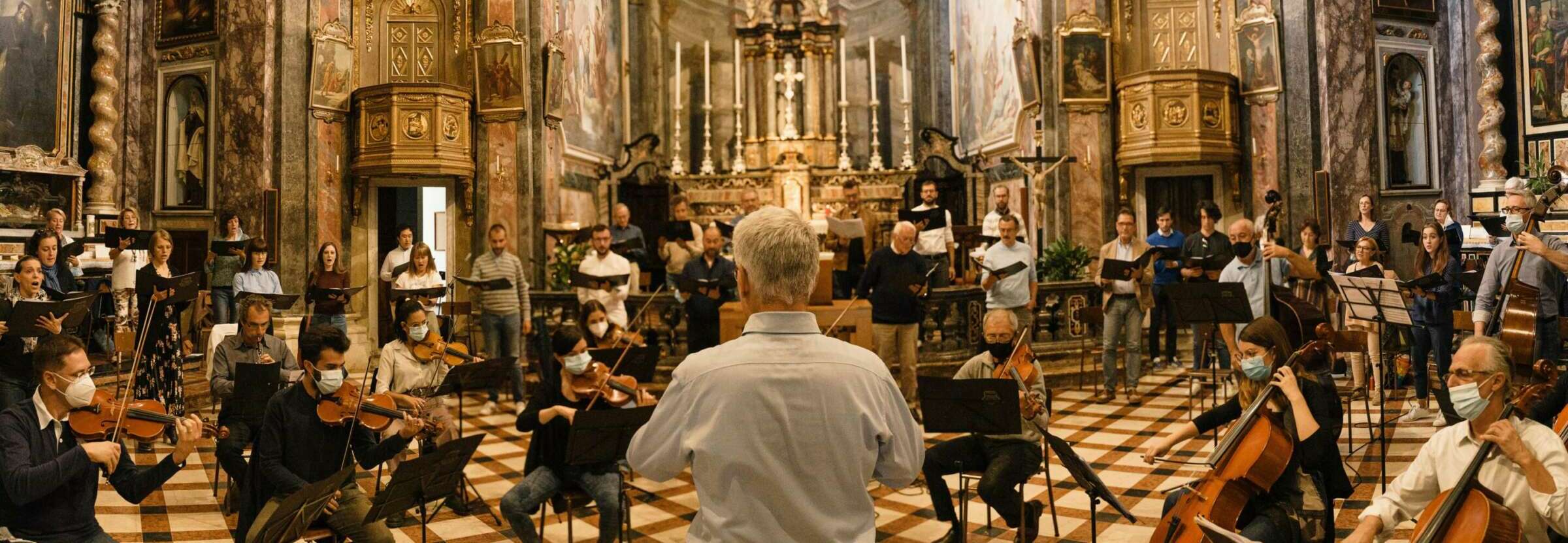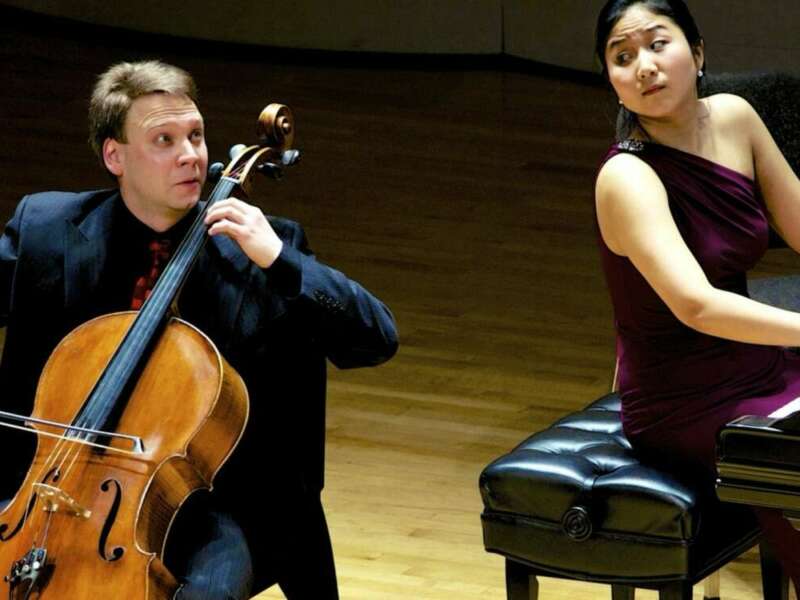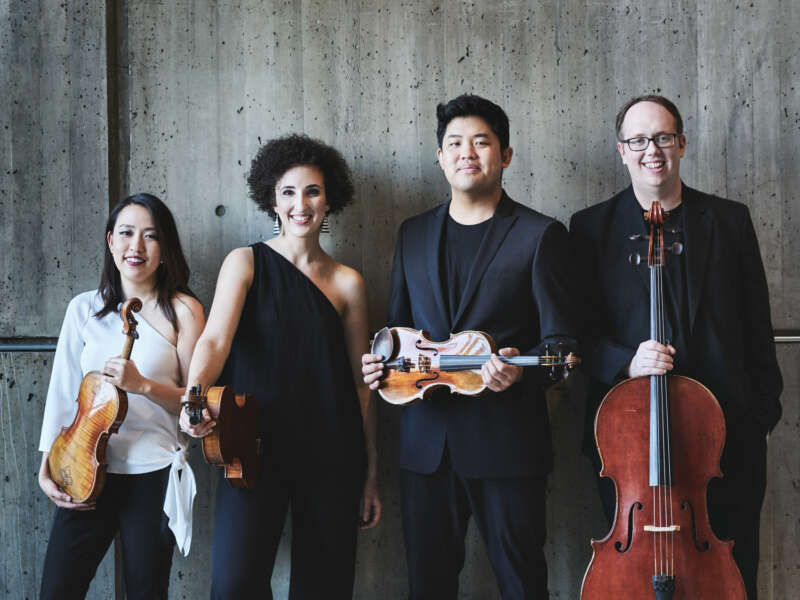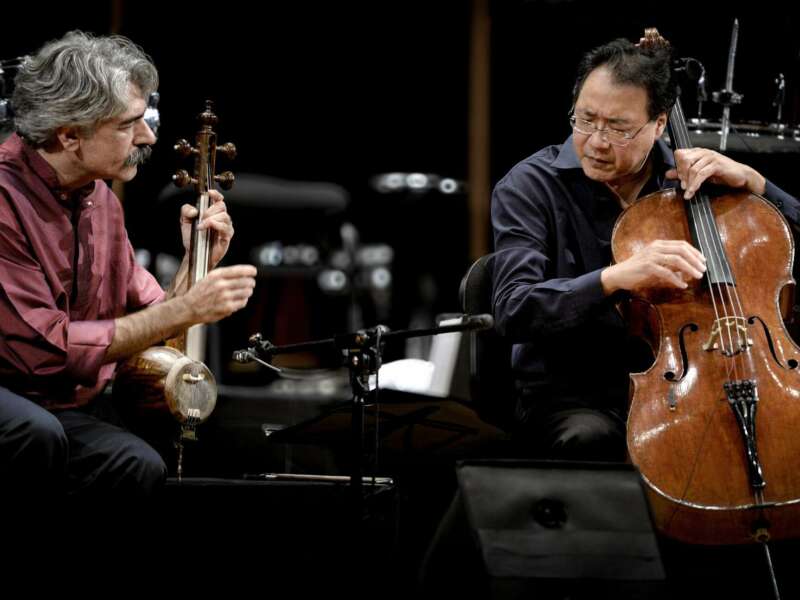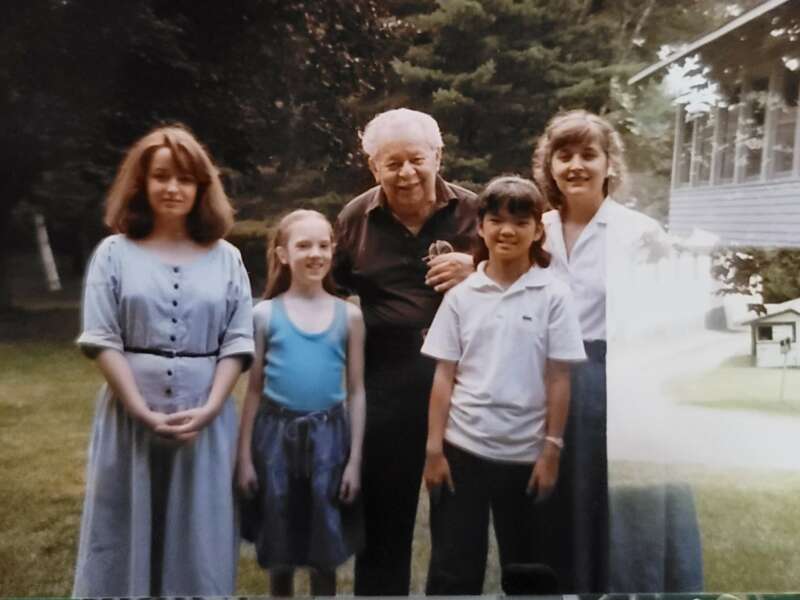Royal Liverpool Philharmonic Launches Orchestral Injury Prevention Toolkit
The program will help physiotherapists and healthcare professionals tailor health and wellbeing provision to musicians’ needs
The Royal Liverpool Philharmonic (RLPO) has partnered with the UK charity Help Musicians to create “Symphony of Good Sense,” a new toolkit for orchestral injury prevention.
Research studies over decades have shown that 77% to 89% of professional orchestral musicians may experience playing-related injuries.
To prevent the risks, this new initiative has produced additional guidance for orchestras to help introduce physical health programs for its musicians.
“A Symphony of Good Sense” identifies common playing-related injuries across each section of the orchestra and outlines ways to reduce risks, promote early identification of work-related musculoskeletal issues, and speed recovery for long-term occupational health.
This joins other programs like it in orchestras including the Liverpool Philharmonic, which has run its Musicians’ Performance and Wellbeing initiative since 2015.
“A Symphony of Good Sense” and the guidance for orchestras is freely available to view and download here.
More resources include “An Introduction for Physiotherapists Working with Orchestral Musicians” and “Supporting Physical Readiness in Orchestral Performance: Guidance for Orchestras.”
“Our world class musicians are central to providing exceptional performances and activities week in week out that entertain, inspire, move and engage thousands of audiences and participants,” said Peter Garden, Executive Director of Performance and Learning at Liverpool Philharmonic. “It is vital that we do all we can to create the environment and conditions in which they can thrive as artists and enjoy long, healthy and sustainable careers. We are incredibly grateful to Sarah Upjohn, our friends at Help Musicians, British Association for Performing Arts Medicine (BAPAM), and everyone who has enabled the creation of ‘A Symphony of Good Sense’. We hope it will both inspire and provide practical help for orchestras and physios to improve the support for musicians’ health and wellbeing in the UK and beyond.”
“A career in music can be exhilarating but there are risks too; injuries can be common and with many musicians working as freelancers, this can have a devastating impact on both career development and financial stability,” added Sarah Woods, Chief Executive at Help Musicians. “[We are] helping to ensure that musicians have healthy, long lasting careers; bringing us all such joy from their creativity for many decades.”
“When Liverpool Philharmonic and Help Musicians approached me to write something that would help physiotherapists who are not used to working with musicians, we decided it had to include some musical terminology to make physiotherapists aware of the sort of language used in the classical music industry,” said Dr Sarah Upjohn. “Writing this has been a fantastic process and a team effort: from first draft to final document, we have incorporated feedback from insightful, knowledgeable and generous colleagues from around the world. The finished document looks amazing, and importantly, is an absolute goldmine of useful information. Lovely Musician Colleagues: I hope that it helps enable positive change.”
“Bringing together occupational health principles and performing arts medicine, I strongly support these guidelines as part of an orchestras’ health risk management strategy,” continued Dr Finola Ryan, Executive Medical Director at BAPAM. “Although the physical demands of professional playing cannot be completely avoided, these recommendations give orchestras practical tools to implement meaningful risk-reduction strategies and promote early identification of work-related musculoskeletal issues. If orchestras are unable to work with a physiotherapist specialising in performing arts medicine, this detailed guidance for physiotherapists new to working with orchestral musicians provides practical implementation support for orchestra managers and offers valuable resources in supporting musicians’ occupational health and sustainable careers.”
july 2025
august 2025


